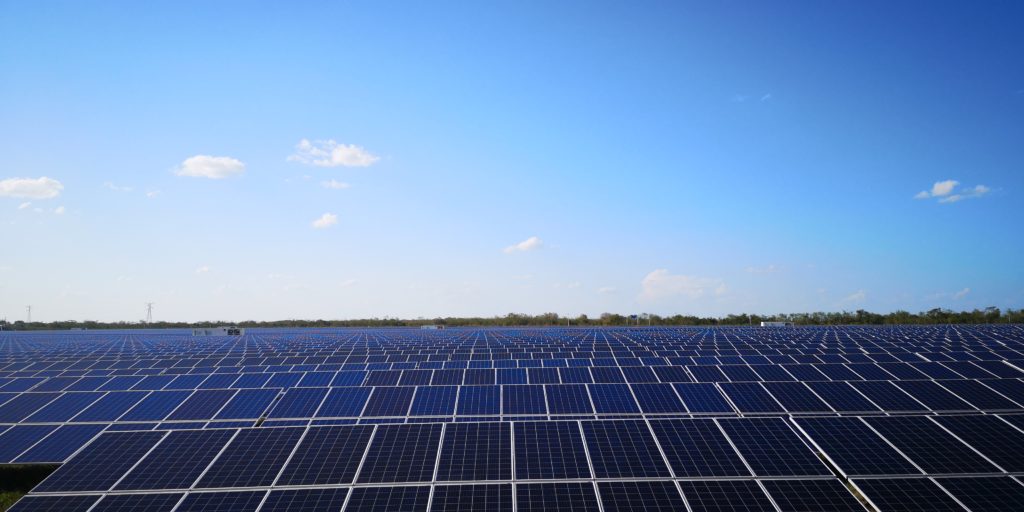NM allocates US$3 million to boost businesses to develop advanced energy

NEW MEXICO – The New Mexico Economic Development Department (EDD), through its Office of Strategy, Science and Technology (OSST), has awarded US$3.4 million in competitive grants to seven companies in the inaugural round of the Advanced Energy Awards Pilot Program.
First announced in September 2023, the Pilot Program is a state-funded competitive grant that awards non-dilutive funds to proposals in advanced energy innovation and commercialization from New Mexico companies developing a unique product with strong growth potential.
“New Mexico’s advanced energy economy is thriving. Not only are leaders in the solar and hydrogen industry choosing New Mexico to grow their companies, but by supporting homegrown technologies, we are fostering advanced energy development at all levels and making a positive impact for the future of New Mexicans,” said EDD Acting Cabinet Secretary Mark Roper.
Flow Aluminum received a US$400,000 grant. The company is developing safe, low-cost, high-performance aluminum batteries for electric vehicles, grid storage and other energy storage applications to accelerate the transition to electrification. Flow Aluminum’s technology is based on research developed in collaboration with the University of New Mexico.
GridFlow received US$300,000. The company is developing a novel battery formulation and design to deliver cost-effective and safe long-life energy storage products. GridFlow’s technology was developed at Sandia National Laboratories.
Hydrosonics, received US$350,000 for the development of electrolyzer architecture that will produce the most accessible and affordable clean hydrogen. The company is implementing acoustic technology in proven liquid alkaline electrolyzers to integrate directly with intermittent renewables, creating a system that dramatically reduces capital and operating costs to produce the fuel of the future.
Pajarito Powder was another recipient, receiving US$766,000 to continue manufacturing advanced catalysts for fuel cells and hydrogen electrolyzers.
Another award-winning company was Sigma Advanced Technologies, which received 300,500 dollars for the development of technologies to eliminate contaminants from produced water and capture and neutralize PFAS.
TS-Nano received US$713,000 for the manufacture of nanomodified polymeric sealants to address the complex challenges posed by methane leaks from operating, abandoned and orphaned oil and gas wells.
UbiQD, meanwhile, received US$617,500 for the development of technology to optimize the spectrum of sunlight, specifically to improve solar energy and crop production.
The awardees will work with OSST over the next year and will receive funding as they complete the benchmarks specified in their respective areas of work.
